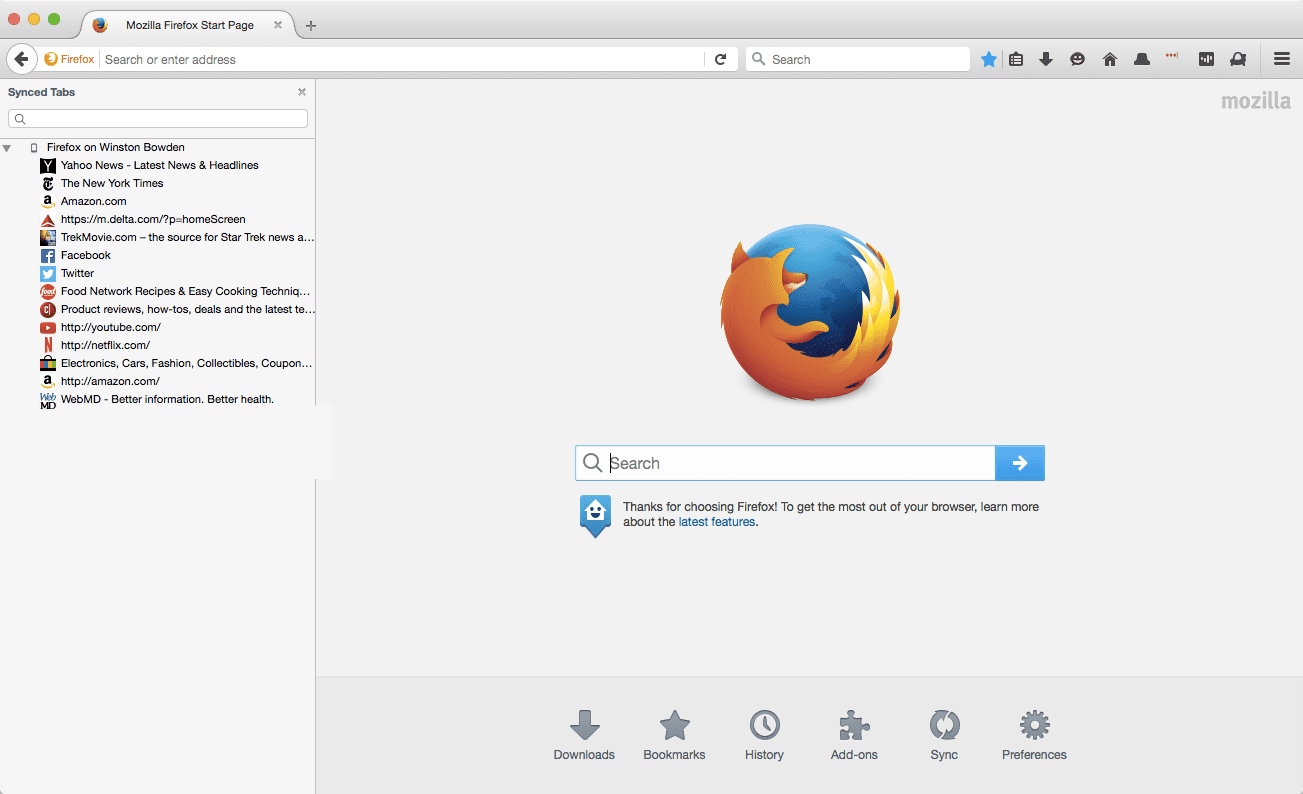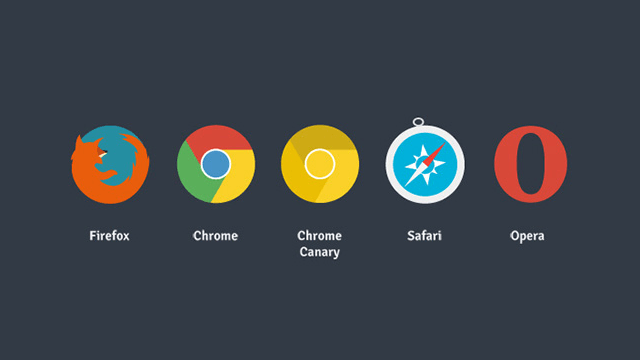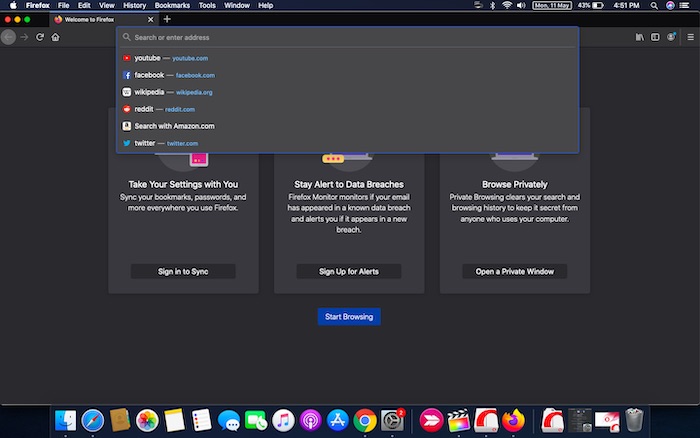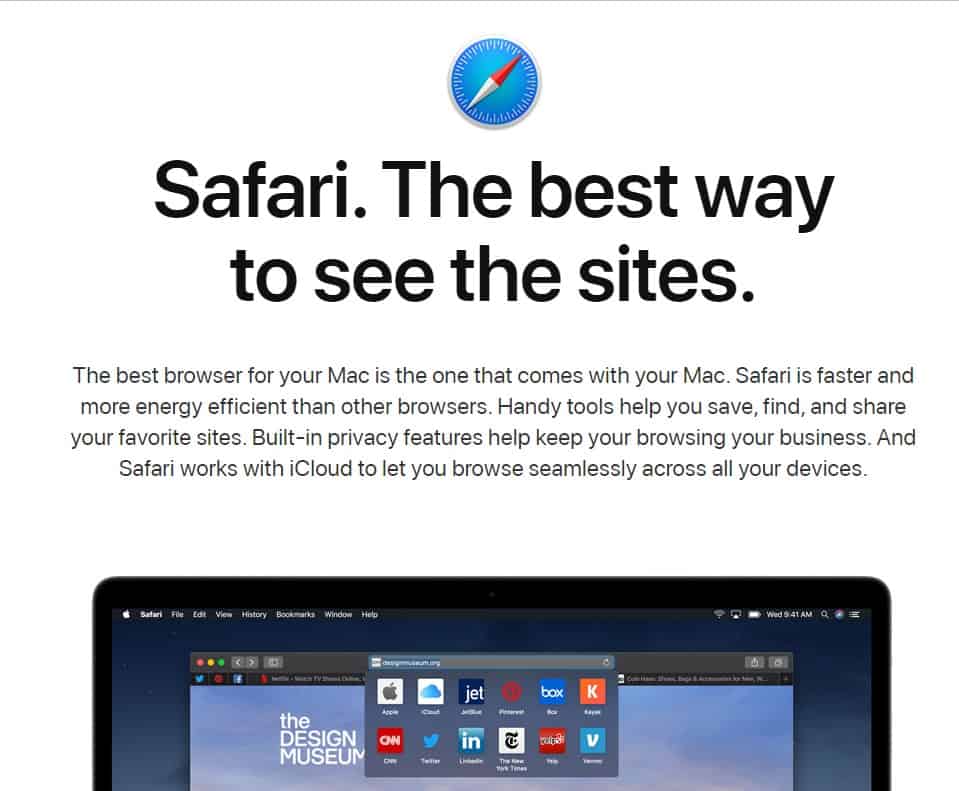

The biggest difference is how each web browser implements these features. SEE: 5 programming languages application solutions developers should learn (free PDF) (TechRepublic) Every web browser offers much of the same standard features:

Truth be told, on the surface, the differences between web browsers aren’t that great. Many of us have tuned our workflow to a specific web browser’s way of doing things. So what’s the problem? Why would anyone have an issue either selecting the web browser that is truly best for their use case or migrating to a different browser altogether? Every web browser I’ve ever used renders sites well, though some better than others. For the most part, they all do it fairly well.

That means those ubiquitous applications have to pull a tremendous load.

I would go so far as to say 90% of the work and entertainment you undertake on any computing device connected to the Internet is via a web browser. No matter your platform, you depend on a web browser. Why? First and foremost, the browser is one tool everyone uses. Why choosing the best browser for your workflow is so difficult
#Best internet browser for mac 10.75 pro#
On the Mac operating system, Chrome drains the battery faster than any other application with the exception of Final Cut Pro when rendering video. On Linux, I’ve had Chrome lock up the desktop on too many occasions. Why? Because the Chrome browser has become unreliable on so many levels. You see, there are still sites I must use that, for whatever reason, were designed with Google Chrome in mind. That’s not to say I found myself using only one web browser–oh, no… if it was only so simple. SEE: 20 good habits network administrators need–and 10 habits to break (free PDF) (TechRepublic) This was a choice I haven’t regretted for a second. No matter what I did with Safari that behavior would not stop.įinally, I walked away from Apple Safari to make the same web browser I used on Linux my default on macOS. Like with Opera, when working with a longer document in Google Docs, Safari would pop up a warning saying that the site was using too much memory. And then, things took a turn for the worse on Safari. But then I continued using that default web browser on Linux and, day after day, grew more impressed with its performance and simplicity. Quick glossary: Metaverse (TechRepublic Premium)Īt that point, I was using two different web browsers as my defaults on Linux and macOS, and I was certain Safari would remain as the go-to browser on the Mac side of things.
#Best internet browser for mac 10.75 pdf#
Working with PDFs is a breeze with PDF Converter Pro TechRepublic Editor-in-Chief Bill Detwiler bids farewell, introduces new Managing Editor, Tamara Scottīecome a Linux expert just in time for the 2022 boom Productivity, thy name is memory leak! Why I stoped using Safari as the default browser on macOS What's hot at TechRepublic I’d be working along, minding my own business, when all of a sudden the Opera browser would bring the desktop to a grinding halt. And yet, the load the Opera web browser placed on my computer (especially when using Google Docs) was too big an issue to ignore. That was a hard sell because the Opera Workspaces feature was something I didn’t think I could leave behind. A couple of months ago, I finally left Opera as my default web browser on Linux.


 0 kommentar(er)
0 kommentar(er)
